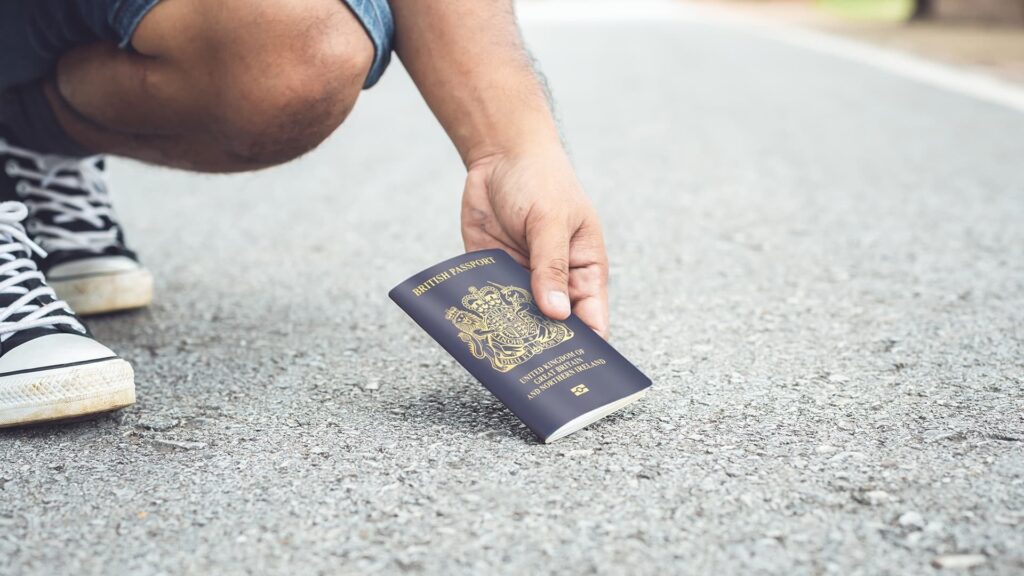7
Third Conditional: Past Unreal Situations
To the teacher
The Third Conditional takes students into the realm of past hypothetical situations. We’ll teach them how to form this structure to discuss events that didn’t happen in the past and their potential outcomes. Engaging activities will help students gain confidence in using this complex conditional.
Introduction: The Third Conditional is a grammatical structure used to talk about hypothetical situations in the past that did not actually happen. It’s a complex conditional, but with some practice and understanding, students can become proficient in using it. In this lesson, we will guide students through forming and using the Third Conditional, providing engaging activities to boost their confidence.
Forming the Third Conditional: To create a Third Conditional sentence, you need two clauses: the ‘if’ clause (condition) and the main clause (result). Both clauses should be in the past tense. Here’s the basic structure:
If + past perfect (had + past participle) + main clause (would have + past participle).
Examples:
- If I had studied harder, I would have passed the exam.
- If she had called me, I would have gone to the party.
- If they had saved money, they would have bought a new car.
Using the Third Conditional: The Third Conditional is used to talk about unreal or hypothetical situations in the past and their possible outcomes. It implies that the event didn’t occur, and therefore, the result is also imaginary. Here are some common situations to use the Third Conditional:
1. Regrets:
When you want to express regret about something you didn’t do in the past.
Example: If I had studied harder, I would have passed the exam.
2. Blaming Someone:
When you want blame someone or make responsible for a past event that didn’t go as planned.
Example: If you had told me about the meeting, I wouldn’t have missed it.
3. Imaginary Situations:
When you want to describe what might have happened if circumstances had been different.
Example: If they had won the lottery, they would have traveled the world.

4. Conditional Wishes:
When you wish you could change the outcome of a past event.
Example: I wish I had known about the sale; I would have bought that dress.
5. Advice or Suggestions in Hindsight:
When you want to give advice or make suggestions about what someone should have done differently.
Example: You should have studied for the test; then, you wouldn’t have failed.
6. Talking About Missed Opportunities:
When you want to discuss missed opportunities or chances that were not taken.
Example: If he had applied for the job, he might have gotten it.
7. Conditional Promises:
When you want to make a promise or commitment about something that didn’t happen in the past.
Example: If I had known you were sick, I would have visited you.

8. Regretting Past Decisions:
When you want to express regret over decisions you made in the past.
Example: If I hadn’t sold my old guitar, I would still be playing music.
9. Hypothetical Scenarios:
When you want to create hypothetical scenarios based on different past actions.
Example: If the team had trained harder, they might have won the championship.
10. Reflecting on Historical Events:
When discussing historical events that could have had different outcomes if certain conditions were met.
Example: If the Allies hadn’t won World War II, the world would be a very different place today.
Scenarios
Instructions:
Read the following scenarios and come up with an answer for each question.
Scenario: Your friend lost his wallet on a trip. What would you have done if you were him?
Scenario: You missed the last bus home. What would you have done if you had no money for a taxi?
Scenario: Your computer crashed and you lost all your important documents just before a deadline. What would you have done to recover your work?
Scenario: You were at a restaurant, and the waiter brought you the wrong order. What would you have done if you received someone else’s meal?
Scenario: You were in a foreign country, and you lost your passport. What would you have done to get back home?

Scenario: You were in a job interview, and the interviewer asked you a question you didn’t know the answer to. What would you have done to handle the situation?
Scenario: You were at a party, and you accidentally spilled a drink on someone’s expensive outfit. What would you have done to make amends?
Scenario: You found out that your flight was canceled while you were already at the airport. What would you have done to rearrange your travel plans?
Scenario: You were in a situation where you witnessed someone being unfairly treated. What would you have done to help?
Scenario: You were given an assignment that you completely forgot about until the day it was due. What would you have done to complete it on time?
Posible Answers
Instructions:
Read the posible answers, pay attention to new vocabulary.
Scenario: Your friend lost their wallet on a trip. What would you have done if you were in their place?
Answer: I would have retraced my steps, checked with the authorities, and contacted my bank to cancel my cards.
Scenario: You missed the last bus home. What would you have done if you had no money for a taxi?
Answer: I would have tried to find a nearby friend or family member to pick me up, or I might have considered walking or using a ridesharing app if it was safe.
Scenario: Your computer crashed and you lost all your important documents just before a deadline. What would you have done to recover your work?
Answer: I would have immediately contacted IT support to see if they could recover the files or use any backup systems in place. I would also start reworking the documents from memory.
Scenario: You were at a restaurant, and the waiter brought you the wrong order. What would you have done if you received someone else’s meal?
Answer: I would have politely informed the waiter about the mistake and asked for the correct order. If the other person’s meal had already been served, I would have waited for my order to be prepared.

Scenario: You were in a foreign country, and you lost your passport. What would you have done to get back home?
Answer: I would have immediately reported the lost passport to the local authorities and contacted my country’s embassy or consulate for assistance in obtaining a replacement.
Scenario: You were in a job interview, and the interviewer asked you a question you didn’t know the answer to. What would you have done to handle the situation?
Answer: I would have acknowledged that I didn’t know the answer but expressed a willingness to learn and adapt. I might have also tried to relate my existing skills and experiences to the question.
Scenario: You were at a party, and you accidentally spilled a drink on someone’s expensive outfit. What would you have done to make amends?
Answer: I would have immediately apologized sincerely, offered to help clean or pay for any dry-cleaning expenses, and tried to make the person feel as comfortable as possible.
Scenario: You found out that your flight was canceled while you were already at the airport. What would you have done to rearrange your travel plans?
Answer: I would have approached the airline’s customer service desk to rebook on the next available flight, checked for alternative routes or airlines, and contacted my accommodation at the destination to inform them of the delay.
Scenario: You were in a situation where you witnessed someone being unfairly treated. What would you have done to help?
Answer: I would have intervened calmly if it was safe to do so, reported the incident to the appropriate authorities or management, and offered support to the person who was unfairly treated.
Scenario: You were given an assignment that you completely forgot about until the day it was due. What would you have done to complete it on time?
Answer: I would have immediately started working on the assignment, prioritizing the most important parts, and potentially asked for an extension or communicated with the teacher about the situation.
Activities to Practice:
Activity 1: Sentence Completion Provide incomplete sentences and ask students to complete them using the Third Conditional. For example:
- If she __________ (study) more, she __________ (get) a better grade.
Activity 2: Role Play Assign students different roles and have them create dialogues using the Third Conditional. For example:
- Student A: You didn’t invite me to your party.
- Student B: I’m sorry, if I had known you wanted to come, I __________ (invite) you.
Activity 3: Storytelling Ask students to write short stories or paragraphs using the Third Conditional. Encourage creativity and imagination in their narratives.
Conclusion: The Third Conditional allows us to explore unreal past scenarios and their potential outcomes. By mastering this structure, students can express regrets, assign blame, and describe imaginary situations more effectively. Engaging in activities like sentence completion, role play, and storytelling will help students gain confidence in using this complex conditional. Practice makes perfect, so keep using the Third Conditional to improve your English skills!

